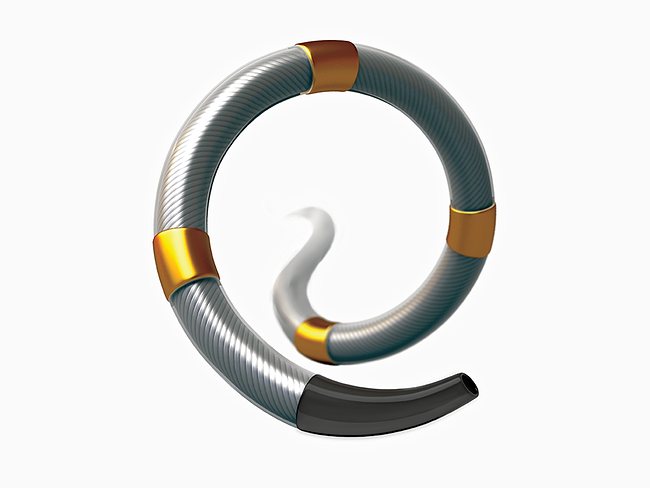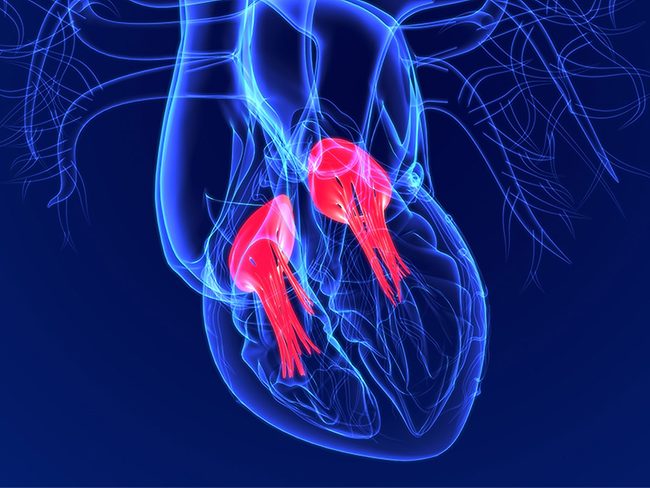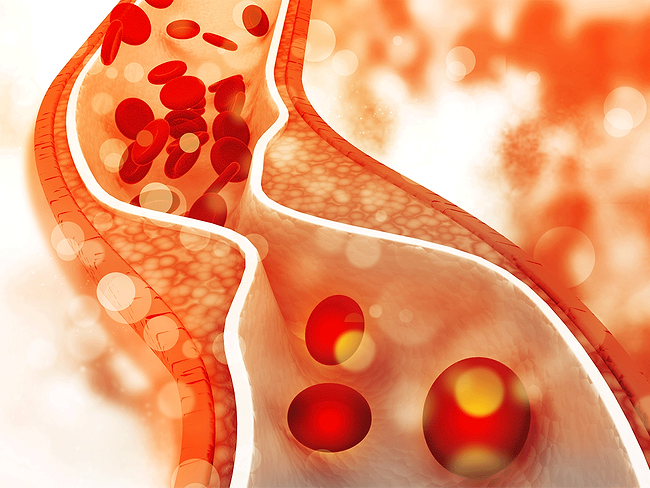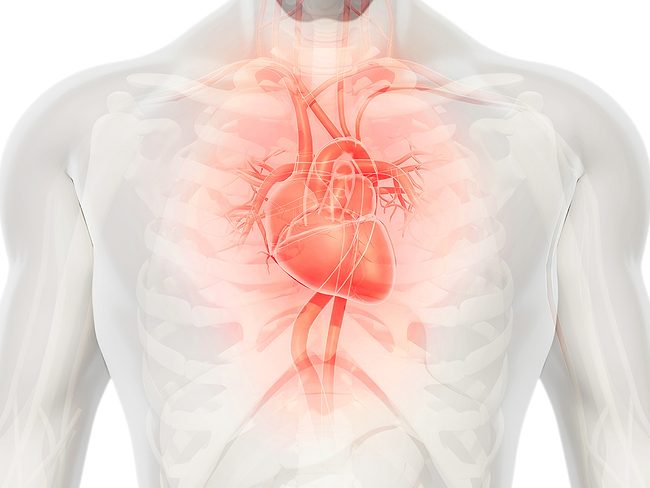
Cardiovascular
ACC 2022 Scientific Sessions
Renal denervation not yet prepared to move medications to the side
Read MoreACC 2022 Scientific Sessions
One-year data for Edwards’ Pascal support improvements in mortality numbers
Read MoreACC 2022 Scientific Sessions
Study hints electronic health records may change trajectory of heart failure outcomes
Read MoreACC 2022 Scientific Sessions




